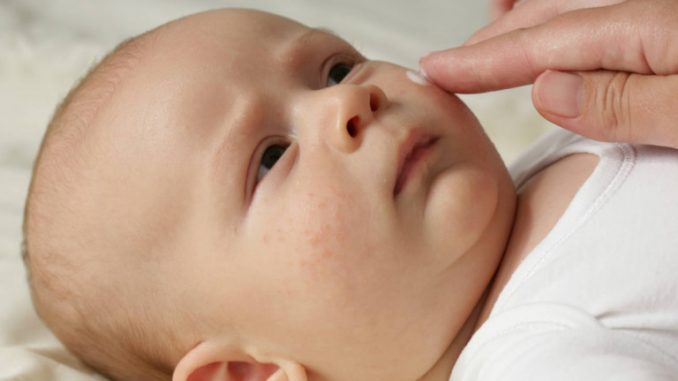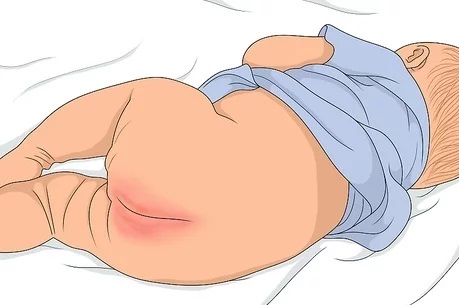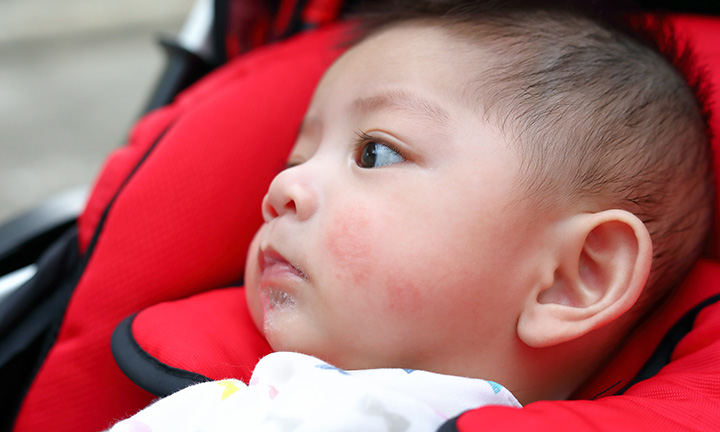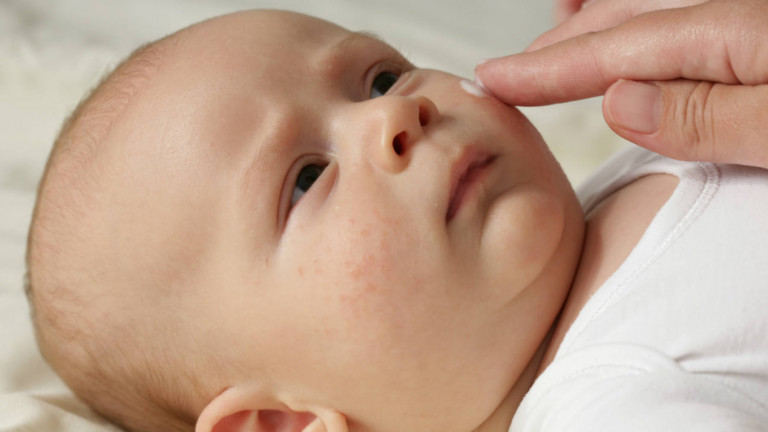
 How to deal with rashes in babies?
How to deal with rashes in babies?
Rashes in infants and young children can be caused by a number of factors, most of which aren’t serious. Some of the most frequent skin irritations in kids are discussed here.
Even while childhood rashes are common, it does not make them less frightening to parents. Rashes are frequently itchy and uncomfortable. They are caused by allergies, viral infections, fungus infections, or even more severe medical conditions. If your child’s rash is accompanied by additional symptoms such as a fever, it may be difficult to determine if it will resolve on its own.
It is tempting for parents to obsess over every rash that appears on their child, but this line of thinking is unproductive. Parents will be able to make better decisions about their children’s health if they understand how childhood rashes work.
Home-Based Rash Treatment
Your child’s rash can be treated in the comfort of your own home. To start treatment, you will need to figure out what caused the skin irritation or rash in the first place.
Determine the cause and type of rash
There are a number of potential causes for the rash your child is experiencing. In addition to seeking medical assistance for your child when necessary, the first thing you should do is determine the cause of the skin reaction and the sort of rash they are having.
Is your child reacting poorly to something on their skin, or do they simply have sensitive skin? There are many things, like soaps, chemicals, and even animals, that can cause allergic reactions.
Diaper rash is another common problem that infants and toddlers commonly face. Make an effort to determine and eliminate any potential causes of the issue. In the event that you need to take your child to the doctor for urgent family care, narrowing down the list of possible causes will be quite helpful, even if you cannot pinpoint the precise cause.

Ensure you wash your skin
To maintain cleanliness and avoid aggravating the child’s skin condition, use warm water and, if necessary, soap that is gentle on the skin and condition.
Additionally, it is advisable to avoid cleaning the area, as this could aggravate the rash. Pat the skin dry with a towel until it is completely dry. The rash should not be covered with anything.
Treat symptoms
Because your child might not have the self-control to stop scratching the rash, you need to take care of it.

- When dealing with moderate, non-ruptured rashes, you can alleviate your child’s pain and itchiness by putting a wet towel on the affected region.
- Additionally, over-the-counter anti-itch drugs can alleviate itching and calm skin inflammation.
- Give your child a nice bath in the oatmeal-colored tub. Taking an oatmeal bath, particularly one that is lukewarm, may provide comfort for itchy skin. Avoid steamy showers and hot baths, as the heat might aggravate the rash.
- If your youngster is old enough, instruct him or her to refrain from scratching. Scratching the rash might lead to subsequent skin diseases if the skin is broken. Additionally, you can cut their nails and require them to wear gloves to bed.
It is important to remember that any rash on a baby under 6 months old should be checked out right away by a doctor.
Ways to Prevent Rashes
The most effective method for treating rashes is to prevent them in the first place. To accomplish this, you must understand what causes rashes and how to avoid them.
Keeping your child’s skin clean and dry is one of the most important measures you can take. This means that they should be periodically bathed with mild soap and lukewarm water. Also, ensure that their skin is thoroughly dried after bathing.
It would be ideal if you monitored their diet and avoided any foods that could cause a skin reaction. If you suspect that your child may be allergic to a specific food, contact their physician.
In the case of diaper rash, you must ensure that their diapers are frequently changed and that their skin is kept clean and dry. If the rash persists, you may need to use a different diaper brand or diaper cream.

Leave a Reply